Good contract management generates value

Procurement generally uses 2 types of process:
- upstream which consists of selecting a supplier and formalizing the negotiated conditions by signing a contract
- downstream which consists of placing orders and paying invoices
It is not always very clear when contract management takes place and more often than not, procurement teams are not involved, leaving it to the users of the services and/or goods covered by the contract.
The goals of the procurement departments are focused most of the time on the generation of value by negotiating agreements, whether with new suppliers or during the renewal of contracts. It is very rare that they mention goals of generating value through dynamic contract management. And yet, there is a lot of potential to be exploited.
Let’s take a fairly classic example of a procurement manager who joins a company.
They want to know about the existing contracts, who the suppliers are, the numbers, what types of procurement etc… Who in this situation has been able to quickly obtain a full and up to date list? How many people can be sure that there are no signed contracts lost and forgotten in a drawer somewhere in the company? It is not uncommon for this type of request, which seems quite basic, to generate additional work in purchasing departments because the information is not easily accessible.
Let’s take a second example of changes in legislation such as GDPR.
How can we identify all the contracts that are impacted and which clauses to analyze? The vast majority of companies realised the scale of the job to bring their contracts into compliance with this new legislation, starting with identifying the affected contracts?
Other situations require an infallible knowledge of contracts and their contents: sale or acquisition of a company, audit, litigation, management of a risk…
These examples show us that efficient contract management allows a full vision of contracts and their contents. This is a good start but it’s not enough.

A truly efficient contract management system needs regular attention to respond to the following questions.
- Is the supplier delivering what is in the contract?
- Does the supplier invoice in line with what is agreed?
- Is the level of quality in accordance with what is stipulated?
- Does the performance align with the agreed requirements?
- Have the factors that led to the decision to choose this supplier been confirmed, in other words, are the business case assumptions true?
- Are the obligations of all the parties being respected?
- Are the risks inherent to suppliers identified and adequately addressed throughout the life of the contract?
- If the conditions change, is the contract appropriate?
- If market conditions change, does the contract also change to remain competitive?
The answers to these questions are essential and each represents a potential for generating value: financial gains, reputation, respect for agreements, capacity for innovation, performance management…
Procurement specialists clearly have a role to play in ensuring that contracts are fulfilled and that the business obtains the expected benefits. Solutions exist on the market to help them do this such as Seal (Docusign), Icertis and others.
The digitalization of procurement often covers the 2 processes mentioned at the beginning of this article, while the contract management part is still too loosely structured. This should change…



